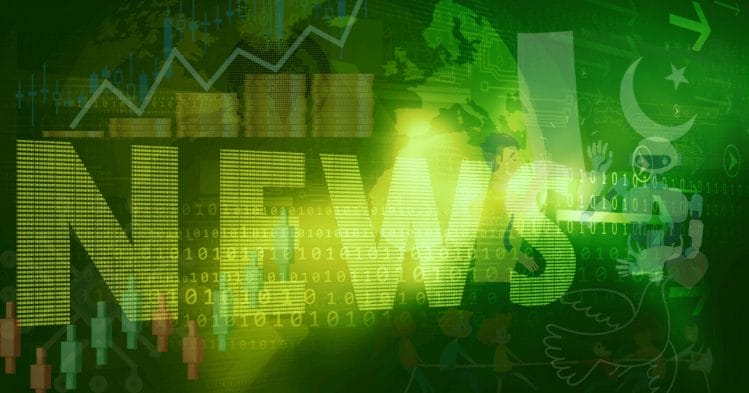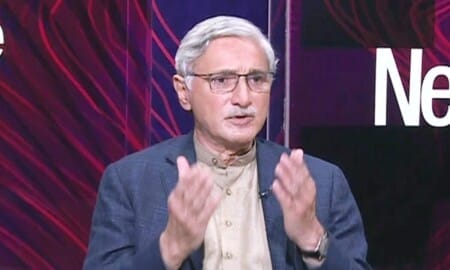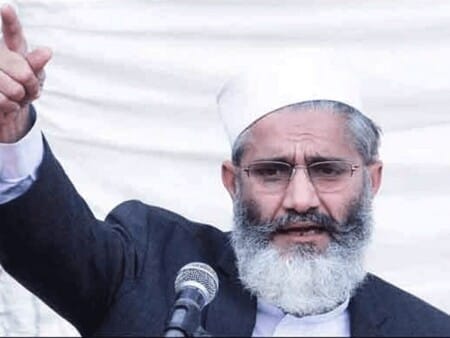The new government in Pakistan will face several economic challenges, including debt, inflation, and negotiations with the IMF. This article provides insights into these issues and offers practical advice for navigating them.
Pakistan’s changing political landscape comes at a time of severe economic trials. The new leadership faces the difficult task of making good on campaign promises while tackling urgent economic issues, with the risk of instability if ignored. As the country’s $3 billion IMF standby agreement nears its February expiration, forthcoming negotiations for a new deal are critical. The upcoming budget will further test the government’s capability to fulfill its agenda and will be a decisive factor for Pakistan’s economic future.
The nation’s overwhelming debt is a key hurdle for the new government. Absent an IMF deal, Pakistan’s external debt predicament could worsen, potentially leading to austerity and tax increases that will put pressure on its political and economic structures. Moreover, the administration might have to consider debt restructuring, a move fraught with significant implications.
Inflation remains a tenacious issue, with austerity measures potentially stymieing inflation but hindering economic growth. Reducing government size and expanding the tax base could provoke clashes with powerful entities, risking further instability.
The challenge of attracting foreign capital persists. Despite expectations of generous aid from allies, anticipated funds have not fully materialized. The government must find creative solutions to secure foreign currency, possibly leveraging an IMF program to encourage multilateral aid, although the extent of such aid could be limited without substantial reforms—a process likely to encounter pushback.
The most probable outcome is of limited foreign capital inflows, which could curtail the government’s economic growth efforts. Overall, Pakistan’s debt trajectory may restrict the impact of any short-term growth initiatives predicated on foreign investment.
Let’s dive in…
Pakistan’s Debt Maze: The Road to Fiscal Stability
Pakistan’s debt situation will limit the new government’s ability to provide relief to the masses. The government will need to impose austerity measures and find ways to collect new taxes, potentially leading to confrontations with status quo elements.
- Pakistan’s debt situation poses a significant challenge for the incoming government.
- Without an IMF program, external debt will worsen, necessitating austerity measures and tax hikes.
- Austerity measures will strain patronage networks, and tax hikes will test the government’s resolve to confront the status quo.
- The government may face a difficult decision on debt restructuring, which could have dire implications.
Curbing Inflation While Fueling Growth
Inflation has been a significant issue in Pakistan for years, driven by the fiscal deficit. The new government will have to choose between IMF-imposed austerity, which comes at the expense of growth, or cutting the size of the government and widening the tax base, which comes at the expense of the status quo.
- Inflation has been ravaging Pakistani households for five years.
- IMF-mandated austerity may curb inflation but hinder economic growth.
- Reducing the government’s size and broadening the tax base could spark confrontation with vested interests, leading to instability.
- The government must strike a delicate balance between controlling inflation and promoting economic growth.
Attracting Global Capital: Pakistan’s Strategic Approach
Foreign inflows are critical for maintaining economic stability in Pakistan. The new government will need to find new ways to attract foreign currency inflows, possibly through an IMF program or international capital markets. However, these inflows may be limited due to broader debt dynamics.
- Attracting foreign inflows is crucial for Pakistan’s economic stability.
- Despite promises of aid, substantial inflows have yet to materialize.
- The government needs innovative strategies to secure foreign currency.
- An IMF program could unlock multilateral flows, but inflows may be limited due to the need for major reforms.
Economic Outlook: Modest Growth Amid Tightened Inflows
Negotiating a new multi-year agreement with the IMF will be a top priority for the new government. Successfully navigating this relationship will be crucial for Pakistan’s economic stability.
- The most likely economic scenario is constrained growth and limited foreign inflows.
- Pakistan’s broader debt dynamics will limit the effectiveness of short-term growth spurts driven by foreign inflows.
- The government will need to implement comprehensive reforms to address Pakistan’s economic challenges.
Balancing Growth and Stability
Pakistan’s new government will face the delicate task of balancing economic growth with macroeconomic stability. This will require careful consideration of austerity measures, tax collection strategies, and fiscal deficit management.
Austerity measures, while necessary to reduce the fiscal deficit and appease the IMF, can stifle economic growth by reducing government spending and investment. The government must carefully calibrate these measures to minimize their impact on growth.
Tax collection is another critical area that requires attention. Pakistan’s tax-to-GDP ratio is among the lowest in the world, indicating a significant untapped revenue potential. However, increasing tax collection can be politically unpopular and may face resistance from vested interests. The government must strike a balance between raising revenue and avoiding excessive burdening of taxpayers.
Managing the fiscal deficit is crucial for macroeconomic stability. A large fiscal deficit can lead to higher inflation and unsustainable debt levels. The government must implement prudent fiscal policies to reduce the deficit without compromising essential public services.
Managing Status Quo Elements
Pakistan’s political economy is characterized by the presence of powerful status quo elements, including vested interests, patronage networks, and rent-seeking elites. These elements often resist reforms and changes that could threaten their privileges.
The new government will need to navigate these challenges carefully to implement the necessary reforms for economic growth and stability. This may involve making difficult choices on austerity measures, tax collection, and addressing corruption.
The government must be prepared to face resistance from these powerful groups and take decisive action to overcome their opposition. This may require building political consensus, engaging in dialogue, and, if necessary, using legal and regulatory tools to enforce reforms.
The government must also focus on building a broad coalition of support for its reform agenda. This can involve engaging with civil society organizations, businesses, and international partners to create a groundswell of support for change.
In short
Pakistan’s incoming government faces a daunting task in navigating the country’s economic challenges. Tackling debt, inflation, and attracting foreign inflows will require deft policymaking and a willingness to confront vested interests.
The government’s success or failure in addressing these issues will have far-reaching consequences for Pakistan’s economic future. The new regime must prioritize these challenges and devise comprehensive strategies to steer Pakistan toward economic stability and growth.











